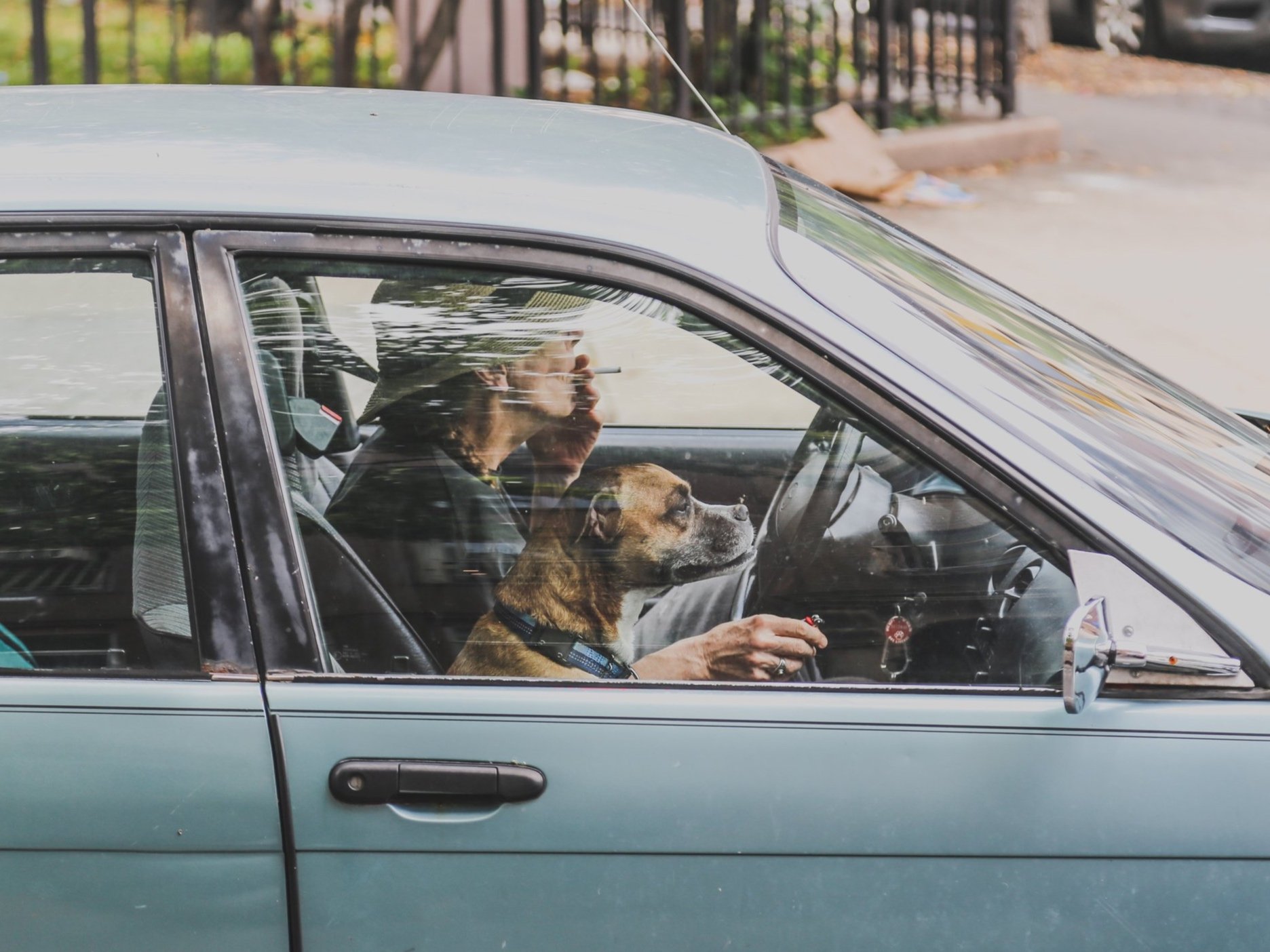Cancer Treatment
Cancer – the big C word we all dread. Like humans, animals are not spared from it.
One out of 4 dogs has a chance of getting diagnosed with it, and it is the leading cause of death in middle-to-old aged pets. The types of cancer include cancer of the lymph system, urinary system, bone, skin, mouth and blood vessel walls. Some types of cancer will be more treatable than others.
Note: The most common type, mammary cancer, is fortunately easily prevented by sterilisation surgery.
Contributing factors
Certain environmental agents may lead to an increased risk of pet cancer, such as:
Second-hand tobacco smoke i.e. cigarettes
Chemicals such as paints and solvents
Insecticides
Lawn and garden products containing phenoxy herbicides
Excessive sun/UV exposure
Asbestos exposure
Treatment with us
Will the tumor spread? Is there a cure? Will it grow back? What can I do to make my pet feel better for as long as possible? What if I do nothing?
These questions will naturally run through every concerned owner’s mind.
An accurate diagnosis is key to treatment decision-making. When you bring your pet to see us, the vet will perform a thorough physical examination of your pet. It will also be helpful to provide the following:
Relevant medical records
Lab work
Imaging studies
Declare any other supplements being taken
Our proposed treatment plan will depend on the specific diagnosis, stage and grade of cancer. Tumors will respond differently to surgery, radiation, chemotherapy, immunotherapy or a combination of the four. Be mentally prepared for thorough tests such as tissue collection, radiographs, ultrasounds, CT/MRI scans, bloodwork and urinalysis. This is to check that your pet is healthy enough to undergo therapy.
You are your pet’s advocate
Ask yourself what your pet’s “quality of life” means to you and it will help make your decision-making with regards to treatment less challenging. Some cancer treatments will be successful while some therapies may see varied results in patients and the side effects of chemotherapy are not comparable (and often less severe) to that of humans. Note also that here in Singapore, access to certain drugs and radiation therapy is not the same as it is overseas. Come speak with us to discuss coping and caring for your furkid. We will walk this journey with you, with our clinic’s namesake, Hope.
FAQs
-
It can be challenging to make decisions regarding the treatment of your pet but we are trained to help you make the best ones in the interest of your pet. How your pet responds to treatment depends on the type of cancer and available treatments. The response to treatments can vary by individual patients – some can be really successful.
The side effects of chemotherapy are not comparable to that of humans’. Drug dosage administration and adjustment, side effects care and overall quality of life are key items we can support you with during treatment.
-
First and foremost, define what a good ‘quality of life’ means to you and your pet. Taking into consideration any side effects from treatment, your pet may not be able to enjoy certain things or activities he/she once did. Be your pet’s best advocate and don’t hesitate to seek more than one opinion. Share any supplements your pet consumes with your vet as it could interfere with the treatment.
-
No straightforward answer to this. Many cancers can be cured with surgery, but surgery is not always the best treatment for every individual or every cancer. It may require one or a combination of surgery, chemotherapy and immunotherapy. It will also depend on the results of the histopathology to determine if the tumor is malignant or benign, if it can regrow or not etc.
-
A thorough physical examination and inquiry on your pet’s history will be required. Tests may include but are not limited to:
• Fine needle aspirates
• Biopsy (tissue collection)
• X-rays
• Urinalysis
• Ultrasound
• Blood tests
• Referral CT/MRI scans
• External Lab test
-
Please bring along:
• Relevant medical records
• Lab work reports
• X-rays or Ultrasound or CT reports previous performed
-
In general, you need an appointment at the clinic to speak to the vet. Front desk staff will not be equipped to attend to your cancer-related queries. You could, though, enquire over the phone for general questions such as how a clinic visit works, what to expect for the visit etc.

Call Us or Make an Online Appointment*
*Limited to routine and non emergency services





